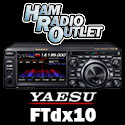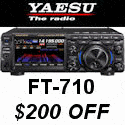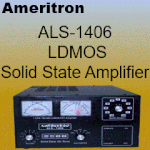ARRL Proposes New Entry Level License Class w/ HF
Discussion in 'Amateur Radio News' started by N1YZ, Jan 20, 2004.
- Thread Status:
- Not open for further replies.
Page 1 of 46
Page 1 of 46
- Thread Status:
- Not open for further replies.










